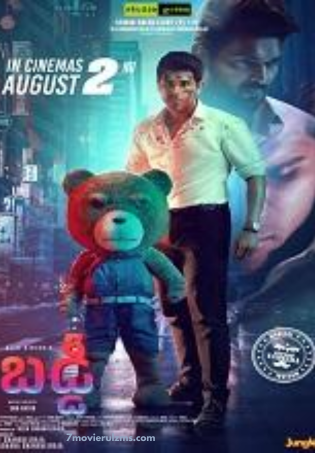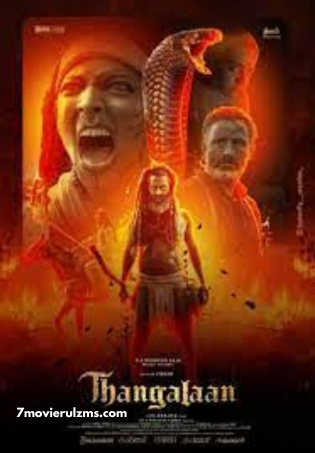The journey of entertainment is a fascinating narrative that mirrors humanity’s changing tastes, technologies, and cultural landscapes. From the early days of theatrical performances to the modern era of digital streaming, the evolution of entertainment has transformed how we consume stories, music, and art. Explore a wide range of movies and TV shows on SDMoviesPoint2. Stream or download your favorite content in high quality for an unparalleled viewing experience.
The Origins: Live Performances
The roots of entertainment can be traced back to ancient civilizations, where storytelling and performances were integral to social gatherings. Ancient Greeks and Romans held theatrical performances that combined drama, music, and dance, laying the groundwork for contemporary theater. These live performances offered a communal experience, allowing audiences to engage directly with the actors and the unfolding story.
As cultures evolved, so did the forms of entertainment. The Renaissance sparked a renewed interest in arts, leading to more elaborate theatrical productions in Europe. This era also saw the birth of opera, blending music and drama into a sophisticated art form that appealed to the upper classes.
The Rise of the Visual: Film and Cinema
The invention of the motion picture in the late 19th century marked a pivotal shift in entertainment. Filmmaking transformed storytelling, allowing narratives to be conveyed visually in ways that live theater could not. The first films were short and silent, but as technology advanced, sound and color were introduced, enriching the cinematic experience.
Hollywood emerged as the epicenter of film production in the early 20th century, creating a new cultural phenomenon. The glamour of the silver screen captivated audiences worldwide, and movie theaters became essential gathering places. Genres proliferated, from musicals to horror, reflecting society’s changing values and interests.
The Television Revolution
The mid-20th century brought about another seismic shift with the advent of television. Families began to gather around their TV sets, leading to a new era of home entertainment. Sitcoms, dramas, and variety shows became staples of American culture, with programs like “I Love Lucy” and “The Ed Sullivan Show” achieving iconic status.
Television also democratized entertainment, making it accessible to a broader audience. It became a powerful tool for social commentary, influencing public opinion and sparking discussions on critical issues.
The Digital Age: Streaming and Beyond
The late 20th and early 21st centuries saw the rise of the internet, dramatically altering how we consume entertainment. The introduction of streaming platforms like Netflix, Hulu, and Amazon Prime has revolutionized viewing habits. Audiences now have access to vast libraries of content at their fingertips, allowing for binge-watching and personalized viewing experiences.
Streaming services have also changed production dynamics, leading to an explosion of original content. The barriers to entry for filmmakers and creators have lowered, resulting in diverse storytelling that reflects a wide range of voices and experiences.
The Future of Entertainment
As technology continues to evolve, so too will the landscape of entertainment. Virtual reality (VR) and augmented reality (AR) are already beginning to create immersive experiences that blur the lines between viewer and participant. Social media platforms are becoming new arenas for storytelling, with creators sharing content in innovative formats.
The evolution of entertainment is a testament to humanity’s creativity and adaptability. From the communal gatherings of ancient theater to the solitary experience of streaming on a smartphone, the ways we tell and consume stories will continue to change, reflecting our society’s values, aspirations, and challenges.
In this rapidly shifting landscape, one thing remains constant: the universal desire for connection and the enduring power of storytelling.




